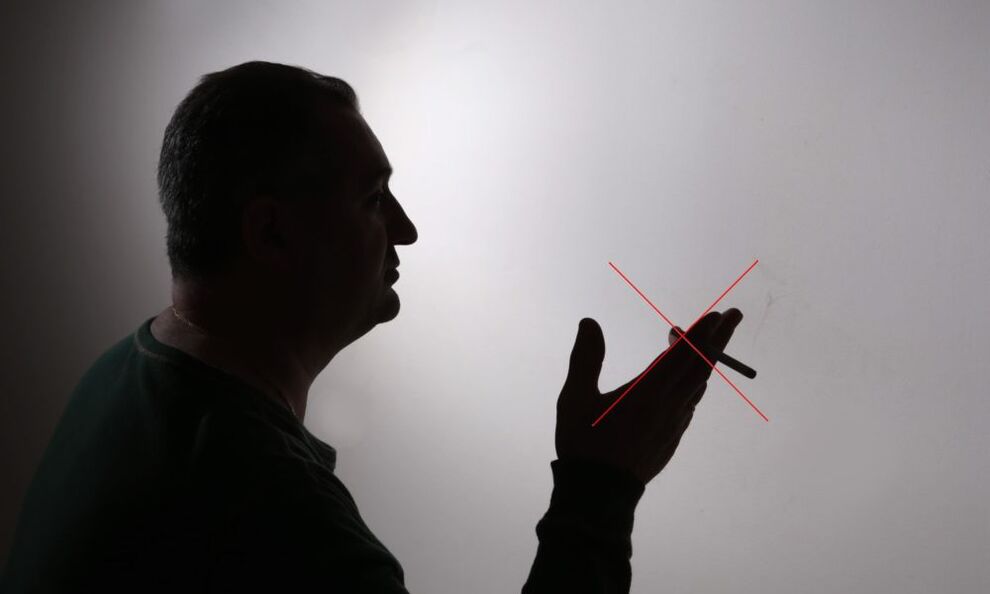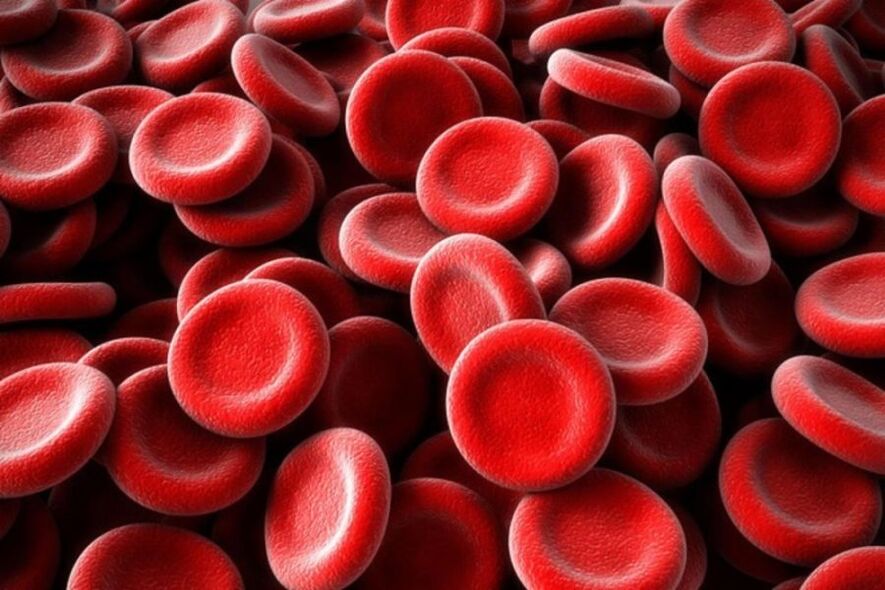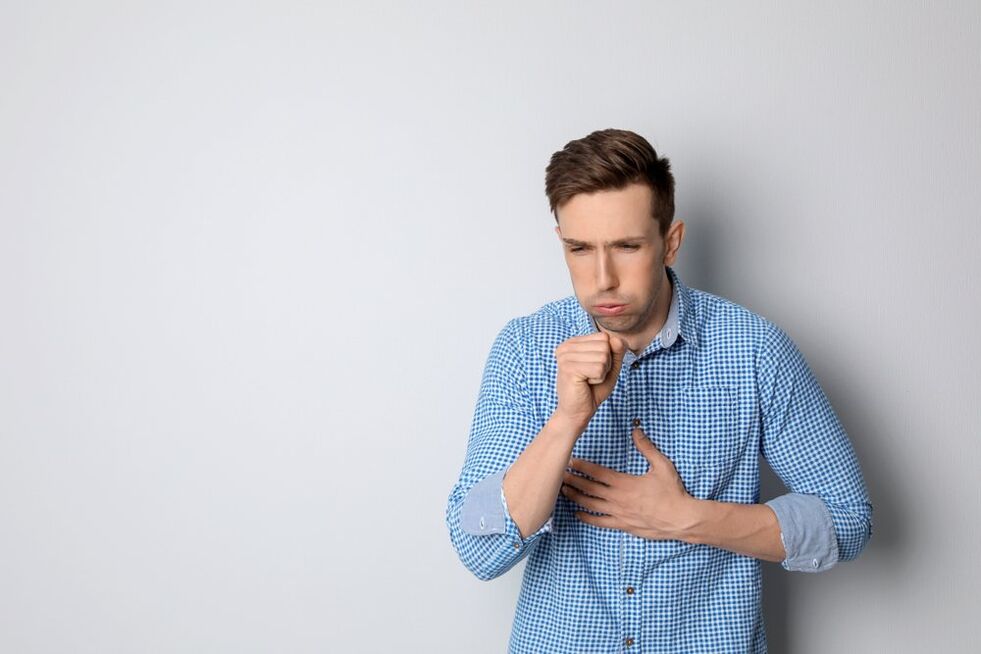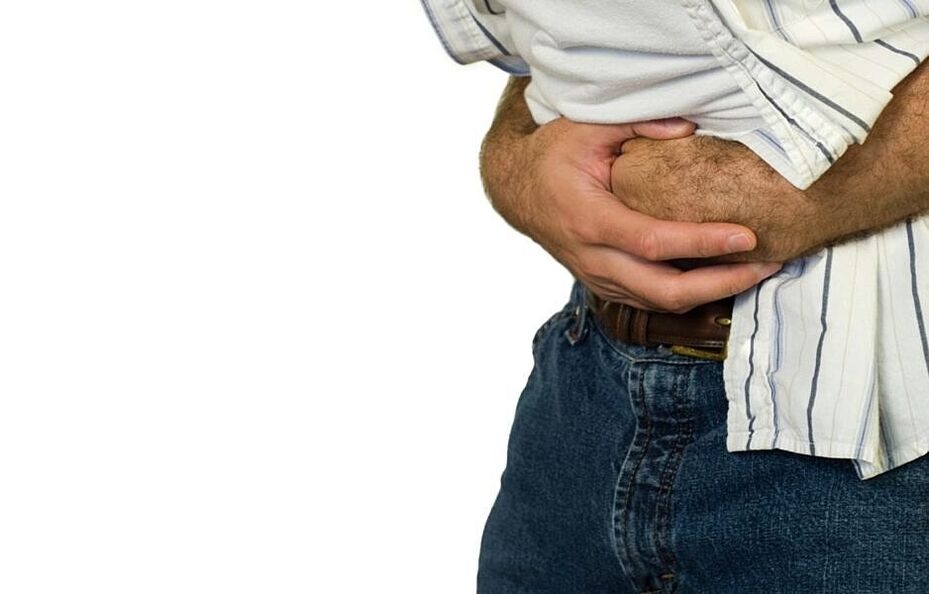
Smoking is a very difficult drug. Smoking quickly enters the lifestyle, and without them a person feels overwhelmed. Anyone who tries to say goodbye to a destructive habit knows that it is not easy to do so. After long-term smoking, the body reacts negatively to the lack of nicotine, so complete smoking cessation is accompanied by "withdrawal" syndrome. Before making a difficult decision, you need to know what will happen to your body and how to survive this period.
Advantages and disadvantages of smoking cessation
A person who decides to quit smoking has some worries at the beginning of a difficult journey. The changes frighten smokers, so many give up and change their minds. Lack of nicotine is manifested by various symptoms that indicate the onset of stress related to smoking cessation. The longer the smoking experience, the more painful and long the recovery will be. The process of reconstruction is always accompanied by psychological and physical discomfort:

- Decreased immunity - a former smoker is often prone to colds. If in the past nicotine served as doping, without it the body is under intense stress. Against this background, ARVI, acne, stomatitis, etc.
- There is a dense cough with brown sputum - you do not need to be afraid of it, because the cough relieves the airways of feeling and sensation. Over time, the ciliated epithelium regains its function, pushing mucus and mucus accumulated in the bronchi;
- Irritability, nervousness, depression - withdrawal occurs when nicotine stops entering the body. Lasts several days. During this period, a former smoker closely monitors people who inhale tobacco smoke, imagines the whole process, the smell drives him crazy and creates a strong desire to smoke. If in the past nicotine activated pleasure receptors, now their work is slowed down. A person is aggressive, violates loved ones. Relatives should support the former smoker, distract him, and take an interest in new hobbies. Gradually, the passion will diminish, but the urge to smoke will go nowhere;
- Abdominal headaches and restlessness - in a few weeks the body will be cleared of nicotine breakdown products, which will normalize the functions of all organs and systems. Lack of nicotine causes vasospasm, abdominal pain and stool disorders. Unpleasant symptoms will disappear after 2-3 weeks.
A person who quits smoking feels very hungry, suffers from insomnia and complains of slow heartbeat. He begins to rush to food, which causes excess weight. All these symptoms are complemented by a bad mood and irritability. But there are also benefits to quitting:
- breathing is restored within 7 days;
- the bad smell disappears;
- the sense of smell returns and the taste buds begin to function normally;
- after a month, the blue circles under the eyes disappear, the skin becomes more elastic, the color improves;
- blood circulation is normalized, blood vessels are toned, potentially improves in men.

Also, the blood is saturated with oxygen, which nourishes all cells. Therefore, the skin and internal organs are less susceptible to aging. The body is cleansed of toxins and toxins, immunity is enhanced. After a few weeks, the volume of the lungs returns to normal, and the symptoms of chronic pathologies of the respiratory system often disappear. However, the main benefits of quitting smoking are reducing the risk of hypertension, lung cancer, stroke and heart attack.
It is important!
Nicotine removal does not mean that the body is completely cleansed of decay products accumulated over the years. Recovery is gradual, usually over months or sometimes years.
Changes in the body during the day
Any narcologist will tell you about what is happening in the body of a person who has finally decided to get rid of nicotine addiction. Doctors say that the benefits of quitting smoking are great, but you need to be patient until the body recovers. The liver produces endogenous nicotine, which ensures normal metabolism. Tobacco nicotine cannot be compared to its nicotine and comes in larger quantities. When the level of the substance drops, the body experiences a hunger for nicotine, which requires a new dose. If it cannot be imported, the liver begins to produce endogenous nicotine again. After 3 days, a person can no longer smoke, but the desire still remains.
If we talk about psychological dependence, the situation is more complicated. There are many reasons for the pathological urge to smoke, such as an innate tendency to addiction, difficulty in communicating with people, a desire not to be different, and so on. can be. It is difficult to get rid of such an addiction, and the more experience, the harder it will be for a person to lead a healthy life. The situation with friends who smoke is complicated, you need to be in their company all the time. In order not to look like a "white crow", many people breathe in harmful smoke again, such a passion lasts for years and does not leave a person. The psychotherapist will help to get rid of it, learn the causes of pathological dependence and be able to motivate the patient.
How do you spend the first 10 days without nicotine?
Think about how the body recovers after quitting smoking and what it is accompanied by:
- The first day- Blood is cleansed of carbon monoxide and saturated with oxygen. Man is proud of himself, confident that he can overcome his bad habit and is ready to go to the end. At this stage, the urge to smoke is mild, easily offset by suggestions such as "I quit smoking. "Sometimes a person has dizziness, weakness, mild anxiety. On the first day, it is difficult to fall asleep, to eat, sleep is shallow and sensitive;
- The second day- The ciliated epithelium begins to work better, the production of mucus in the lungs decreases, the first signs of withdrawal syndrome appear. The euphoria continues, but nervousness and irritability appear. Desires can still be suppressed by hypnosis, and drowsiness is replaced by energy. At the physiological level, there are changes such as increased appetite, the person is attracted to foods that have a clear taste. Cough intensifies, shortness of breath develops, abdominal cramps, the desire to go to the toilet often. It is difficult for a person to fall asleep, itching is possible, the skin is tight;
- Wednesday- Regeneration of the bronchi and ciliated epithelium begins. Blood vessels are toned, the desire for nicotine at the physiological level decreases. On the third day, the nervousness increases, the addiction becomes more pronounced, and the person does not know how to distract himself or what to do. Sleep is disturbed, often interrupted. Appetite increases sharply, the person is attracted to "sweets", belching and heartburn occur. When bent, the head turns, the heart "shrinks", there is noise in the ears. The skin is crusty, with small dry pimples on it;
- Fourth day. Blood flow to the brain is normalized, the stomach and pancreas continue to recover. Aggression gradually decreases, irritability can be stopped with medication. Many people improve their mood, but inattention is noted, sleep is still superficial. Increased blood pressure, tinnitus, mild dizziness are possible. Urine normalizes, but there is constipation. Appetite decreases, the desire for certain foods is noticeable. A person feels a viscous mucous membrane in the throat, coughing occurs. Many develop swelling of the face, fingers, and ears;
- Fridaynon-smoking - ulcers heal on the tongue, vascular tone normalizes. Some parts of the broncho-pulmonary system are restored, and the function of the intestines is still impaired. On the 5th day, euphoria disappears, health deteriorates, there is a desire to smoke. It is easy to break at this time, you can not withstand treacherous desires. The food is more delicious, but it is only milk, citrus products and so on. Loose mucus is felt in the chest or throat, making it difficult to breathe. Viscous dark sputum coughs intensely;
- SaturdayIncreases mucus secretion, normalizes the function of the stomach and pancreas. Withdrawal syndrome grows with renewed vigor, there are tears, insomnia and irritability. People are looking for cigarettes, it is difficult to control, but it is necessary. Against this background, vegetative disorders appear in the form of sweating, tremors, nausea. Sometimes there is pain in the hypochondrium, bitterness in the mouth, increased thirst. The dark mucus is still coughing, you can see blood clots inside;
- Seventh day- physical desires are practically eliminated, the body works quietly without a dose of ordinary nicotine. Full recovery begins from that day. Man suffers from a guilty conscience, but he already knows that smoking is not a physical necessity, but a kind of ritual. It is important to completely protect yourself from everything related to tobacco products. Motivation to quit smoking is renewed. The mucus does not disappear, the cough becomes intense. Intestinal tone is normalized, but constipation may occur from time to time. A week without smoking has a positive effect on appetite, but heartburn is seen in fatty foods.

It is important!
The first five days are the most difficult day for a person who quits smoking. He is experiencing a strong "collapse". In this case, the risk of breakage is the highest.

The eighth day is characterized by the activation of odor and taste receptors. The tissues in the lungs continue to recover, but the blood vessels in the brain have not yet strengthened. On an emotional level, the beginning of the second week is calmer. Irritability, aggression and depression are less pronounced. Psychological dependence is still there, sometimes even stronger. A person complains of separation and loss of something important, sleep is still disturbed. Food acquires a new taste, a person experiences stress, which leads to weight gain.
The ninth day is accompanied by an improvement in the condition of the gastric mucosa and digestive system. The broncho-pulmonary system continues to recover, hematopoiesis normalizes. Although it is difficult for people in the smoking community to control themselves, the smell of tobacco is already disgusting. Possible heartburn, abdominal pain, constipation and diarrhea are interchangeable. At this time, ARVI, herpes is easy to catch and an allergic reaction appears.

Tenth day - the recovery process continues, immunity gradually improves. Smoking no longer causes painful thoughts, but people who smoke nearby cause problems. At this stage, a person is exhausted and needs the support of relatives. The cough with mucus persists and can be relieved with hot drinks or food. Many people produce gray or pale yellow sputum that smells bad.
The last 4 days of the first phase of the fight against bad habits
On the eleventh day, the condition of the arterioles that carry blood to the tissues improves. Currently, metabolism and hormonal levels are normalizing. This explains the change in psyche, weight loss or gain. At the emotional level, aggression and excitement arise, the passion for nicotine intensifies, explained by the desire to learn whether it is disgusting. Unpleasant symptoms associated with withdrawal syndrome are restored. Internal tension, tremors, dizziness are the result of over-saturation of the brain with oxygen.
It is important!
It is believed that if you do not have more than 5 years of experience, you can quit smoking suddenly. In other cases, it is not recommended to go to extreme events. You need to see a doctor before getting rid of nicotine addiction.
Twelfth day - chronic inflammation in the gastrointestinal tract and lungs decreases, the body's protective functions improve. The psyche is like the 11th day, a person still needs the support of loved ones. Heavy smokers report improved facial skin, reduced coughing, and improved digestion.
Thirteenth day - there is an active renewal of cells, the vessels are unstable. A person may try to smoke out of curiosity. There is anxiety, jumps in blood pressure, weakness, heaviness in the back of the head.
The fourteenth day is characterized by the improvement of the bronchial mucosa, the vessels are adequately nourished, the tissues are restored. Today it is psychologically difficult, some people try to smoke again, motivating their behavior with the fact that they can stand for a long time and 1 dose of nicotine will not hurt. At the physiological level, the cough decreases, the yellow color of the skin gradually disappears, lethargy, weakness and drowsiness appear.

After quitting smoking, the changes will last for a long time, and full recovery will occur after a few years. After 8-10 months, the yellowing of the teeth disappears, the volume of the lungs increases, the condition of the skin and nails improves. If a person used to smoke more than one pack a day, the risk of stroke or heart attack is reduced by 2 times and the risk of cancer is reduced by 3 times a year after quitting. The effect can be seen on the first day of nicotine intake. leaves the body. Breathing becomes easier, bronchi clear, blood pressure decreases.
How you can help yourself
If the smoker finally decides to quit, he should take immediate action. Motivation is the desire to give birth to a baby, to protect his health and so on. can be. It will be easier to quit smoking after setting a goal. First, the body must receive the maximum amount of nutrients and vitamins. It is recommended to drink 1 glass of warm milk in the morning on an empty stomach. It is recommended to be more outdoors and do sports. New hobbies will help you forget and it is easier to get rid of an addiction.
Some people find it easier to fight nicotine addiction with friends or relatives. If none, they read reviews on the Internet to stimulate, maybe there is an online friend who needs support.























